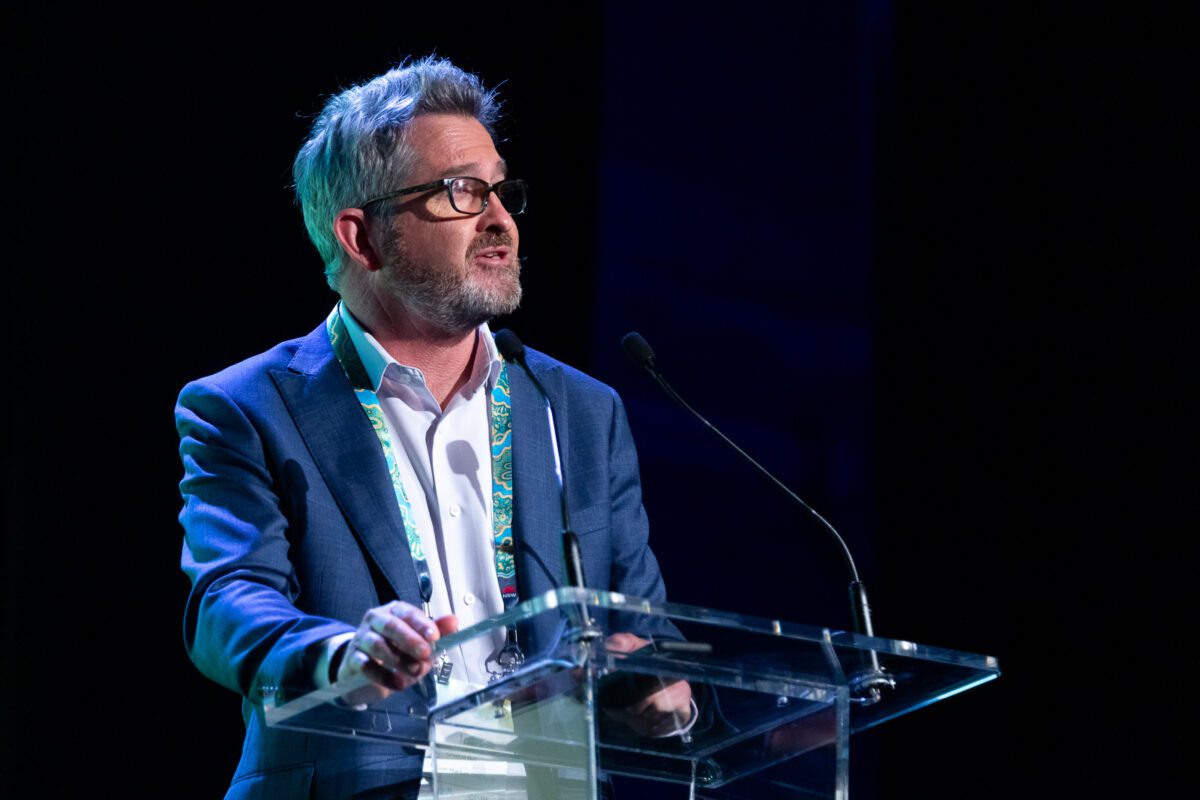The Canberra Times
Last week I was pleased to see Southern Cross University win a $2.5 million grant to study the benefits of carbon farming, measuring how various regenerative practices restore degraded soils and increase soil carbon.
While farmers see the anecdotal benefits of land regeneration every day, further scientific and quantifiable evidence will help push the case that carbon farming is crucial to Australia lowering its emissions.
Australia’s carbon farming industry is just eight years old and already has more than 650 projects nation-wide.
If we can triple the size of this industry by 2030, and become larger still by 2050, it can help Australia and the world reach net-zero emissions and even beyond, to net-negative emissions.
Bringing the bush back to life allows nature to draw more harmful carbon dioxide from the atmosphere and store it in the soil.
In Paroo Shire, western Queensland, 57 carbon farming projects add up to approximately 5 million tonnes of CO2- equivalent to taking about 1.5 million cars off the road for a year.
But the benefits are not just environmental.
Last year I visited two farming families in western NSW and these no-nonsense business people are making up to a million dollars a year managing their land to capture and store more carbon dioxide.
This ‘carbon money’ from the federal government’s Emission Reduction Fund allows farmers to stay on country, employ local people, and use carbon money to buy machinery and farming materials from local businesses.
Carbon farming projects are actively managed.
People work the land by regenerating native forest or planting trees. They measure their health, manage the timing and extent of livestock grazing, manage feral animals in a humane manner, and manage pests and weeds.
Carbon farming is compatible with regular farming and when farmers sign a contract, they sign on to a world-first Carbon Industry Code of Conduct and are supported by the industry.
State governments are stepping up plans for carbon farming and the federal government recently announced a raft of improvements to help the industry grow.
Carbon farming is the ‘quiet achiever’ of climate programs and it needs to be integrated into economy-wide plans for Australia’s transition to a net-zero emissions economy.
That, plus the added economic, social and Indigenous benefits mean my organisation is committed to seeing carbon farming realised across regional Australia.
John Connor is CEO of the Carbon Market Institute, an industry association representing carbon farming projects and other industries looking to transition to a zero-carbon economy.



